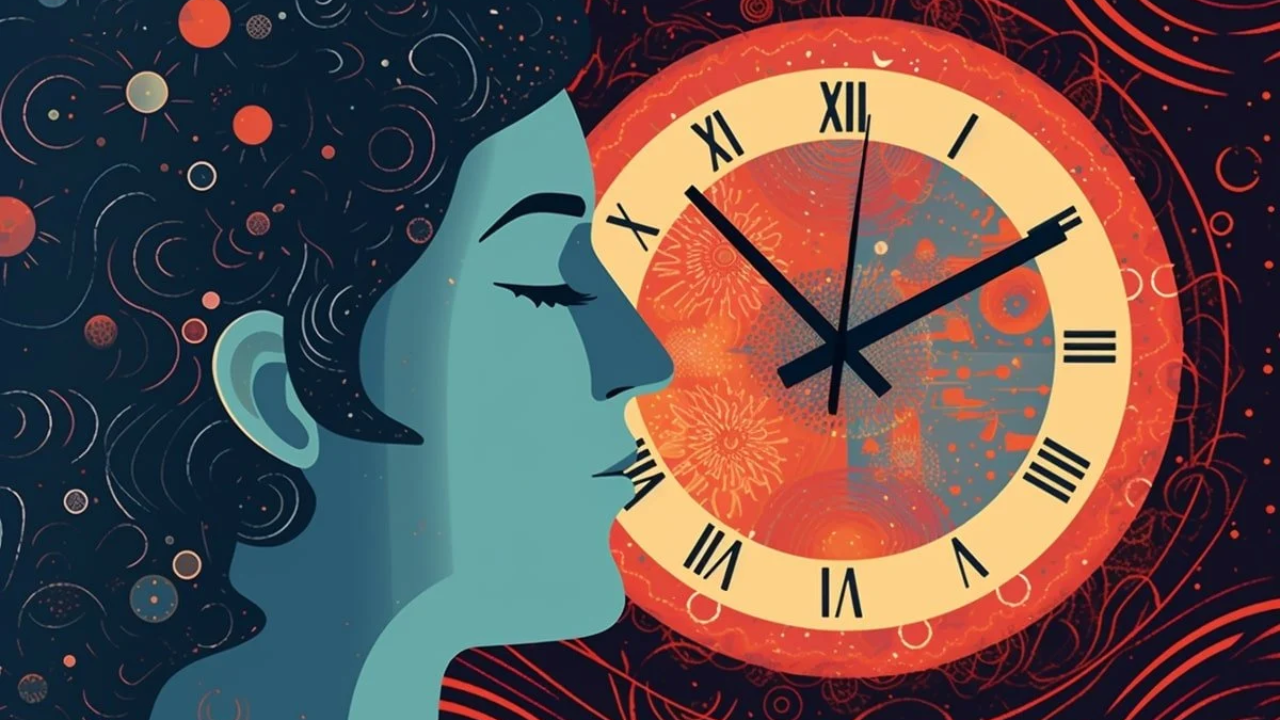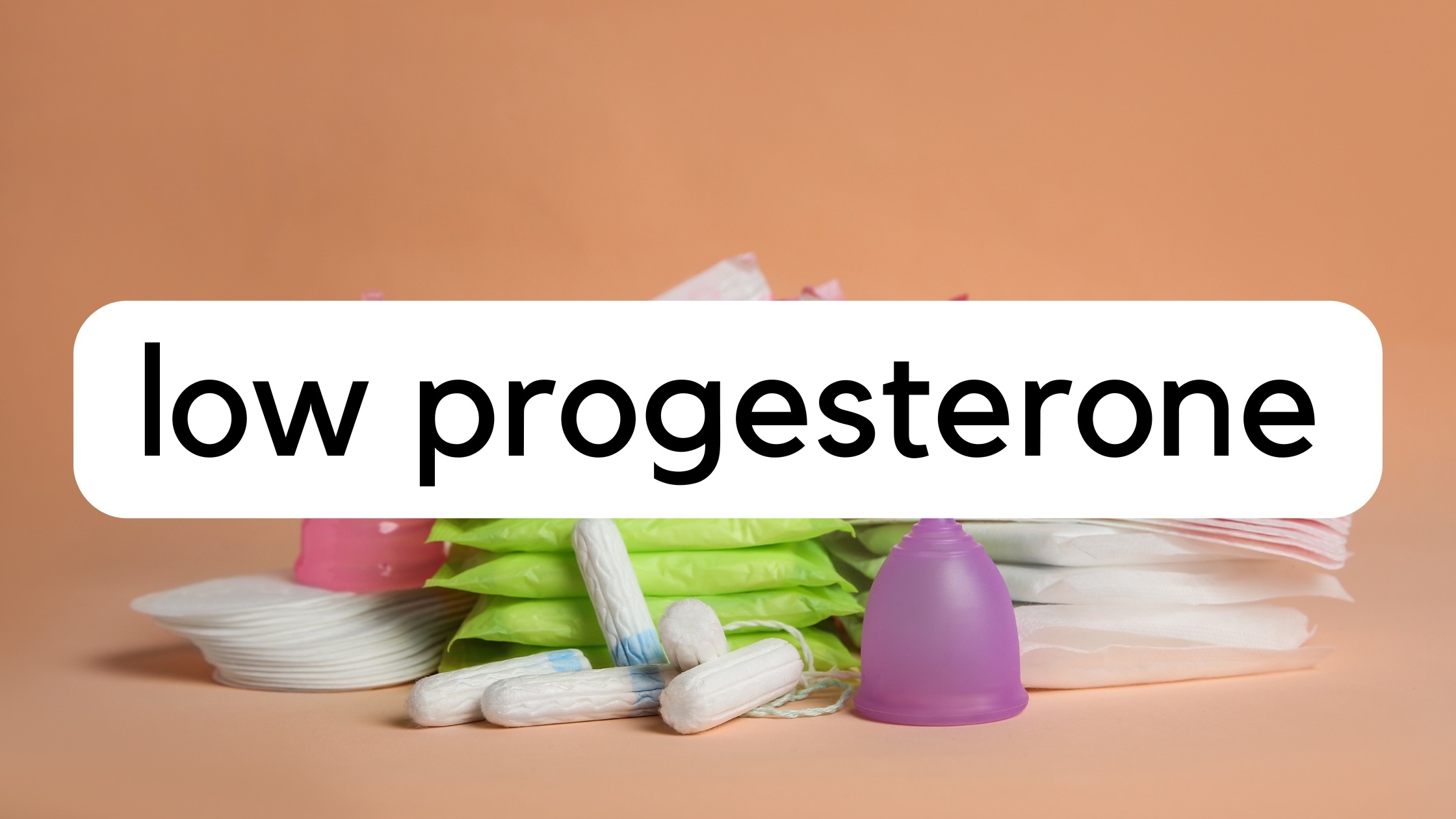
The Power of Circadian Rhythms: How to Optimize Your Body Clock
Nov 14, 2023Within the intricate dance of our internal clock lies the key to better sleep, balanced hormones, and overall enhanced well-being. A harmonious circadian rhythm is not merely a luxury but a fundamental factor in healing and preventing chronic diseases. In recognition of this, I've curated a comprehensive guide to empower you in regulating your circadian rhythm, unlocking the path to a life that is not only balanced but also teeming with vitality.
Establish a Consistent Sleep Schedule
- Commit to a regular sleep routine, going to bed and waking up at the same time every day, even on weekends.
- Aim for 7-9 hours of sleep per night, adjusting based on your individual needs.
- Ensure that you are getting a good amount of REM & Deep Sleep. To optimize your sleep, check out my blog post: 8 Hacks That Took My Sleep to the Next Level
Expose Your Eyes & Skin to Morning Sunlight
- Exposure to natural light, especially during the sunrise, helps synchronize our internal body clock or circadian rhythm. This synchronization promotes a more robust sleep-wake cycle, leading to better sleep quality at night and increased daytime alertness. If you cannot catch sunrise, make sure to get natural light in your eyes and skin first think in the morning.
- Sunlight, particularly in the early morning, stimulates the production of serotonin, the neurotransmitter associated with mood regulation. This can contribute to a more positive outlook, reduced feelings of anxiety or depression, and an overall sense of well-being.
- Sunrise is rich in red and infrared light. Infrared light has been shown to penetrate deeply into body tissues. This penetration can enhance cellular energy production, potentially aiding in the repair and regeneration of cells, and promoting overall cellular health.
- Both red and infrared light have been linked to improved skin health. This includes the potential reduction of inflammation, the promotion of collagen production, and the enhancement of the skin's natural healing processes.
Limit Exposure to Artificial Light During the Day and Especially at Night
- Excessive exposure to artificial light disrupts your circadian rhythm and hormones. When struggling with hormone imbalances, it is imperative that we fix our circadian rhythm. Sources of artificial light include electric bulbs, LED lights, fluorescent lamps, incandescent bulbs, neon signs, computer screens, television screens, smartphones, tablets, and other electronic devices emitting visible light.
- Turn your phone and computer screen red.
- Activate "night mode" on electronic devices to reduce the disruptive impact of blue light.
- Wear blue blockers when exposed to artificial light. I recommend Ra Optics (code PAOLA) and VivaRays (code PAOLA).
- Yellow lenses are best during daytime, while red lenses are best after sunset. Notice how you feel when wearing Yellow lenses. If you start feeling tired, that indicates what I like to call "blue light addiction". This improves the more you wear blue blockers. Very important that you detox from blue light.
- Creating an indoor environment that replicates the natural light we experience outdoors is crucial. In pursuit of this, I've upgraded my lighting setup to include full spectrum light bulbs and red light bulbs. Throughout the day, I rely on the full spectrum lights, while post-sunset, the ambient glow from the red light takes over, ensuring a seamless transition in lighting that aligns with the rhythms of nature. I recommend EMR-TEK sunset and daylight bulbs due to their flicker free and low EMF features.
- I also keep a couple of portable lamps around the house that I use if I were to wake up in the middle of the night. This is my favorite: Bon Charge (code PAOLA)
Create a Relaxing Bedtime Routine
- I highly recommend making it a daily ritual to catch sunset. The warm hues of red and infrared light during this magical hour not only signify the close of the day but also play a crucial role in promoting healthy melatonin production, aiding in a restful night's sleep. Melatonin, known for regulating sleep, acts as a potent antioxidant, neutralizing free radicals and mitigating oxidative stress to support cellular health. Its unique ability to penetrate cell membranes and enhance the activity of other antioxidants makes it a crucial player in maintaining overall well-being.
- Develop a calming pre-sleep ritual to signal your body that it's time to wind down. Activities may include reading a book, taking a warm bath, or practicing relaxation techniques such as tapping (one of my favorite) and meditation.
Watch Your Diet
- Enjoy larger meals during daylight hours. This aligns with your body's peak digestive enzyme production, allowing you to leverage the full benefits of your circadian rhythm.
- Have your last meal no later than sunset. If based on your lifestyle, this is not feasible, I recommend having your last meal at least 3 hours before bedtime.
- In instances where late-night eating is necessary, opt for a light, protein-rich snack, avoiding heavy meals that may disrupt your sleep.
Exercise Regularly
- Engage in physical activity, ensuring it's completed at least a few hours before bedtime.
Be Mindful of Shift Work
- For those on night shifts, it's crucial to prioritize wearing blue blockers, and if feasible, a hat, to minimize blue light exposure and support circadian rhythm. Recognizing the health risks associated with night shift work, including sleep disorders and increased vulnerability to chronic diseases, emphasizes the necessity for proactive measures in managing these concerns.
When to Consider Melatonin Supplements?
- I reserve the use of melatonin on a temporary basis as a last resort, particularly when dealing with challenges like overcoming jet lag or addressing specific inflammatory conditions, only if other interventions have proven ineffective.
💌 Like what you're reading?
Join my insiders list for deeper insights, early access to new articles, webinar invites, and tools to support your healing journey.
🔒 I respect your privacy. Unsubscribe at any time.






